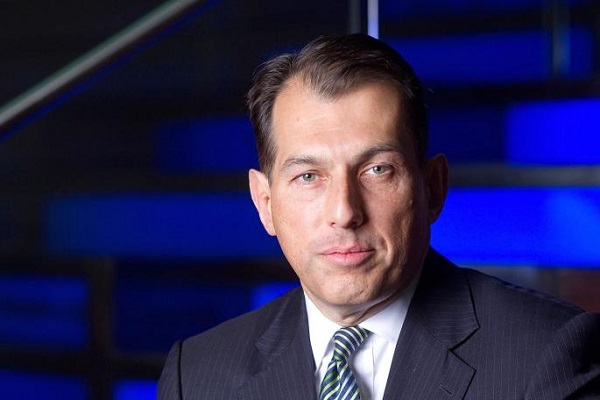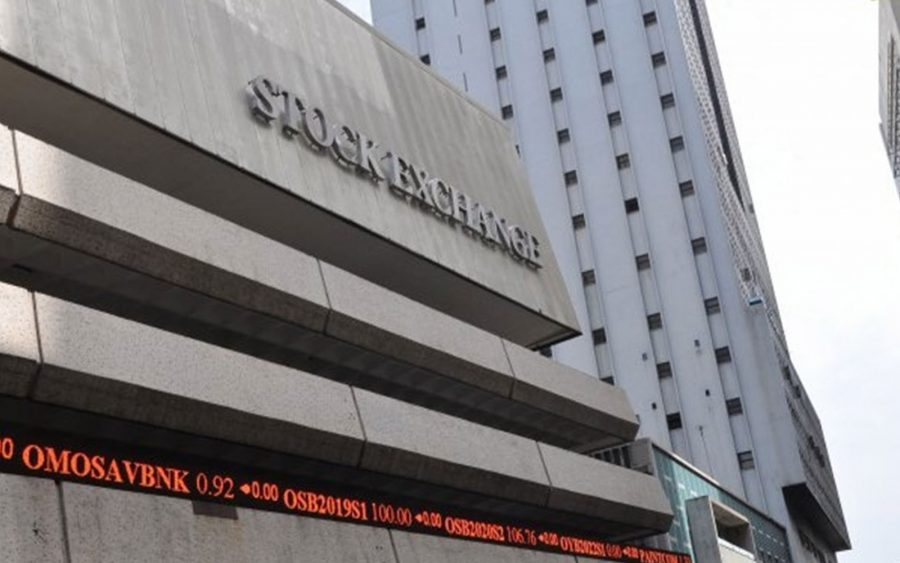The United Kingdom’s Serious Fraud Office (SFO) has charged two former executives of Afren Plc for $400 million alleged fraud that led to the collapse of the oil company. The two erstwhile executives, Oman Shahenshah and Shahid Ullah are also accused of allegedly receiving $45 million in bribes from two oil companies Oriental Energy Resources limited and Amni International. Investigations by the SFO began in June 2015.
Afren sacked the duo, after an independent investigation by KPMG and law firm Wilkie Farr and Gallagher showed evidence of gross misconduct. Several other employees also allegedly received bribes and are facing disciplinary action.
History seems to be repeating itself
Scandals like this seem to be a recurring event in the Nigerian oil and gas industry. The Malabu scandal remains unresolved and has resulted in legal proceedings being pursued around the world. Immediate past Minister of Petroleum resources Dieziani Allison Madueke is also facing corruption charges. Even more unfortunate, is that legal proceedings are being pursued by UK authorities and no form of investigation appears to have been conducted by Nigerian regulators. Several Nigerians indicted in the Halliburton scandal have also not been brought to justice.
Why corruption is prevalent in the Nigerian oil industry
Crude oil revenues are a major source of government income. Government individuals particularly the President, and Minister of Petroleum resources wield enormous influence. While the government has sought to reform the sector through the Petroleum Industry Bill (PIB), passage of the bills by the National Assembly has been slow.
Afren Plc, founded in 2005 was an international oil exploration company with a focus on Africa. The company had an Initial Public Offering (IPO) and was subsequently listed on the London Stock Exchange in the same year. In July 2015, the company ran into financial difficulties and went into administration. Afren was delisted from the LSE in August 2015.



















